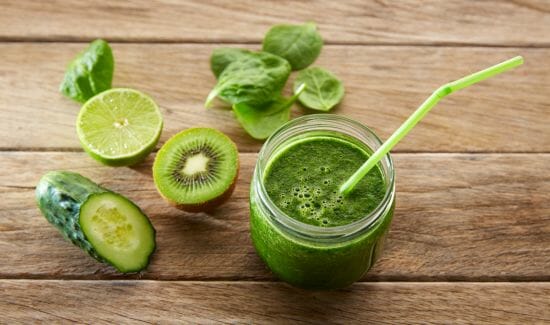
The purpose of this article is to delve into the world of juice cleanses, addressing the claims, myths, and realities surrounding this popular health trend. We believe in delivering well-researched, informative, and balanced content that guides our readers in making informed decisions about their health. This article aims to provide a comprehensive exploration of the topic, ensuring that it offers valuable insights for those considering or curious about juice cleanses.
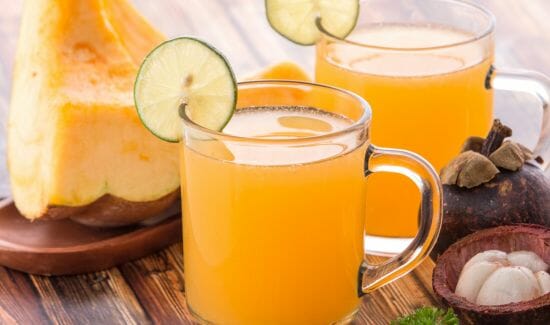
What is a Juice Cleanse?
Juice cleanses, also known as juice fasts, are dietary regimens that involve the exclusive consumption of freshly squeezed fruit and vegetable juices for a specified period. The primary idea behind juice cleanses is to flush out toxins, promote weight loss, and boost overall health.
There are several variations of juice cleansing programs, and these can range from short, 1-3 day “quick cleanses” to more extended programs lasting a week or more.
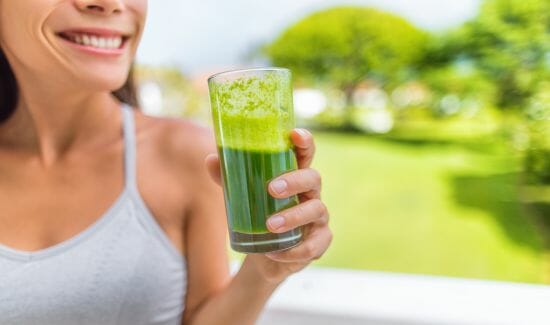
Understanding Juice Cleanse Variations:
There are various types of juice cleanses available, each with its own unique characteristics:
- Fruit Juice Cleanse: This involves the consumption of juices made predominantly from fruits, which are high in natural sugars and vitamins.
- Vegetable Juice Cleanse: These cleanses focus on vegetable-based juices, which are lower in sugars and provide a range of essential nutrients.
- Green Juice Cleanse: This is a subcategory of vegetable juice cleansing, emphasizing nutrient-rich, leafy green vegetables such as kale and spinach.
- Cold-Pressed Juices: These juices are made using a specialized juicing method that minimizes heat and oxidation, preserving more nutrients.
- Homemade vs. Store-Bought Cleanses: Individuals can choose between buying pre-packaged juice cleanse programs or making their own at home. The choice can significantly impact the quality and contents of the cleanse.
Each variation claims to offer unique benefits, but the overall idea remains consistent: providing the body with a concentrated dose of vitamins and minerals while giving the digestive system a break from solid food.
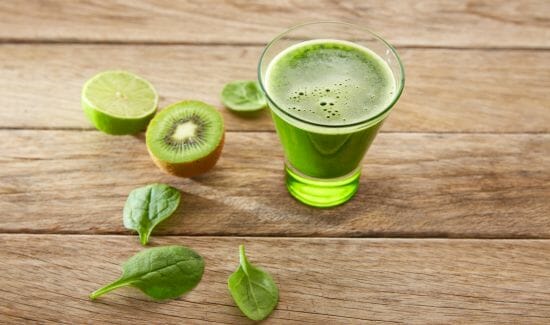
The Concept of Detoxification:
At the core of juice cleanses is the belief in detoxification. Proponents argue that by eliminating solid foods and consuming only fresh juices, the body can rid itself of accumulated toxins. The mechanism behind detoxification, as claimed by some, is that the absence of solid food reduces the burden on the digestive system, allowing it to redirect energy toward eliminating toxins from the body.
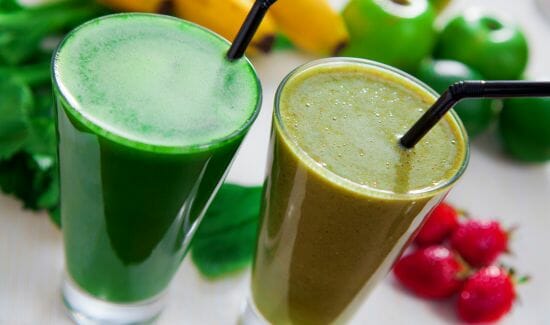
Benefits of Juice Cleanses: Separating Fact from Fiction
Juice cleanses have gained popularity due to the perceived benefits they offer. However, it’s crucial to analyze these benefits critically and discern between scientifically supported claims and mere marketing hype.
1. Nutrient Absorption:
One of the main selling points of juice cleanses is the rapid absorption of essential nutrients from fruits and vegetables. In liquid form, nutrients are thought to enter the bloodstream more quickly, potentially providing a boost in energy and overall health. While this idea has some merit, it’s essential to remember that the human body is already efficient at nutrient absorption through a balanced diet.
2. Weight Loss and Calorie Restriction:
Many individuals turn to juice cleanses as a way to shed a few pounds. It’s true that consuming fewer calories during a cleanse can lead to weight loss, but this is typically temporary. Any significant weight loss experienced during a cleanse is primarily due to water weight reduction and a calorie deficit. Maintaining a healthy weight requires sustainable dietary changes and regular physical activity.
3. Increased Consumption of Fruits and Vegetables:
Juice cleanses encourage the intake of fruits and vegetables, which are rich in vitamins, minerals, and antioxidants. While this is undoubtedly a positive aspect, experts advise that whole fruits and vegetables, as part of a balanced diet, offer the most comprehensive health benefits.
4. Digestive System Rest:
The absence of solid food during a cleanse provides the digestive system with a break. This rest can be beneficial for some individuals, especially those who may have been overindulging or experiencing digestive discomfort. However, it’s essential to remember that the human body is well-equipped to handle a diverse range of foods and nutrients.
5. Short-Term Cleansing Effects:
Some juice cleanses proponents claim that it helps clear the skin, reducing bloating, and boosting energy levels. While these effects might be observed during the cleanse, they are often short-lived and not sustained in the long term.
It’s important to approach these benefits with a critical eye, as the scientific evidence supporting them is often limited. While consuming fresh juices can contribute to a healthy diet, they should not be considered a miraculous solution to health or weight-related issues.
Sustainable health and well-being depend on long-term lifestyle choices, including a balanced diet, regular physical activity, and adequate hydration.
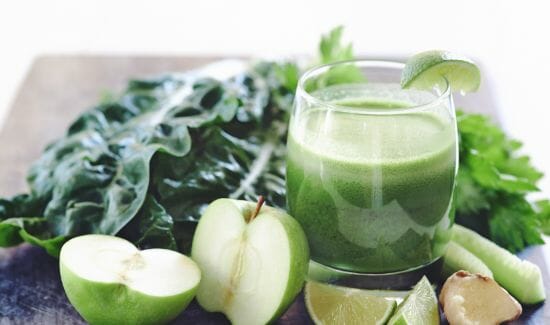
Risks and Myths: Navigating the Juice Cleanse Landscape
While juice cleanses are often marketed as a pathway to better health, it’s crucial to understand that they are not without potential risks and prevalent myths. In this section, we’ll explore some of the misconceptions and risks associated with juice cleansing.
Detoxification Myths:
One of the primary claims associated with juice cleanses is the notion of detoxification. While the human body naturally eliminates waste and toxins, some misconceptions need clarification:
Myth 1: Detoxification Through Juice Cleansing is Scientifically Proven:
The concept of detoxification through juice cleansing is a subject of debate in the medical and scientific communities. The body’s natural detoxification systems primarily involve the liver, kidneys, and gastrointestinal tract.
Myth 2: Juice Cleanses Remove Accumulated Toxins:
Juice cleanses may provide a break for the digestive system, but there is limited evidence to support the claim that they remove significant toxins from the body. Toxins are primarily processed and excreted by the organs mentioned earlier.
Detox Symptoms:
Proponents of juice cleanse sometimes tout the presence of detox symptoms as evidence that the cleanse is working. These symptoms can include headaches, fatigue, and gastrointestinal discomfort. However, it’s important to note that such symptoms may result from the abrupt dietary changes and caloric restrictions inherent in a cleanse, rather than a direct result of toxins leaving the body.
Caffeine-Free Diet During Cleansing:
Some juice cleanse programs recommend abstaining from caffeine while cleansing. While this can reduce potential side effects, such as caffeine withdrawal headaches, it is not universally necessary. Individuals who consume moderate amounts of caffeine can experience withdrawal symptoms when discontinuing it abruptly.
Potential Risks:
Juice cleanses are not suitable for everyone, and there are potential risks to consider:
- Caloric Insufficiency: Most juice cleanse programs provide significantly fewer calories than a typical diet, which can lead to fatigue, dizziness, and nutrient deficiencies.
- Muscle Loss: The low protein content in juice cleanses can contribute to muscle loss, which is counterproductive for individuals seeking weight loss.
- Gastrointestinal Distress: Rapidly increasing fiber intake from juices can lead to bloating and digestive discomfort.
- Blood Sugar Fluctuations: Juice cleanses can cause blood sugar levels to spike and crash, leading to mood swings and irritability.

As a dedicated blogger, I share insights, tips, and knowledge on all things caffeinated and beyond. I firmly believe that a well-brewed cup of coffee or a skillfully crafted cocktail has the power to unite people and ignite engaging conversations.


